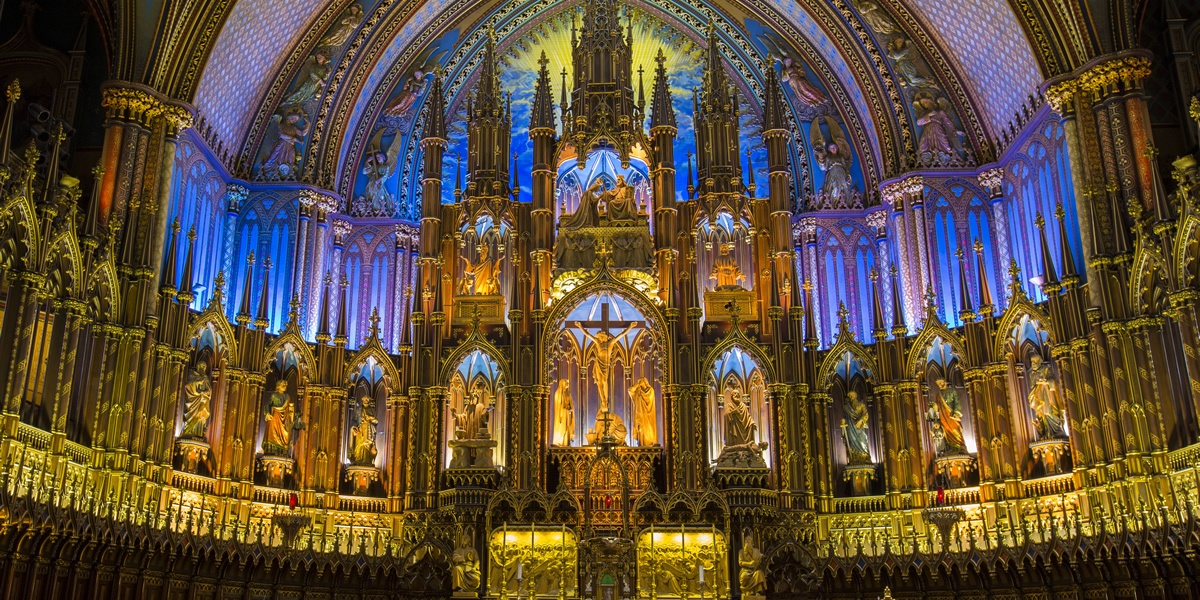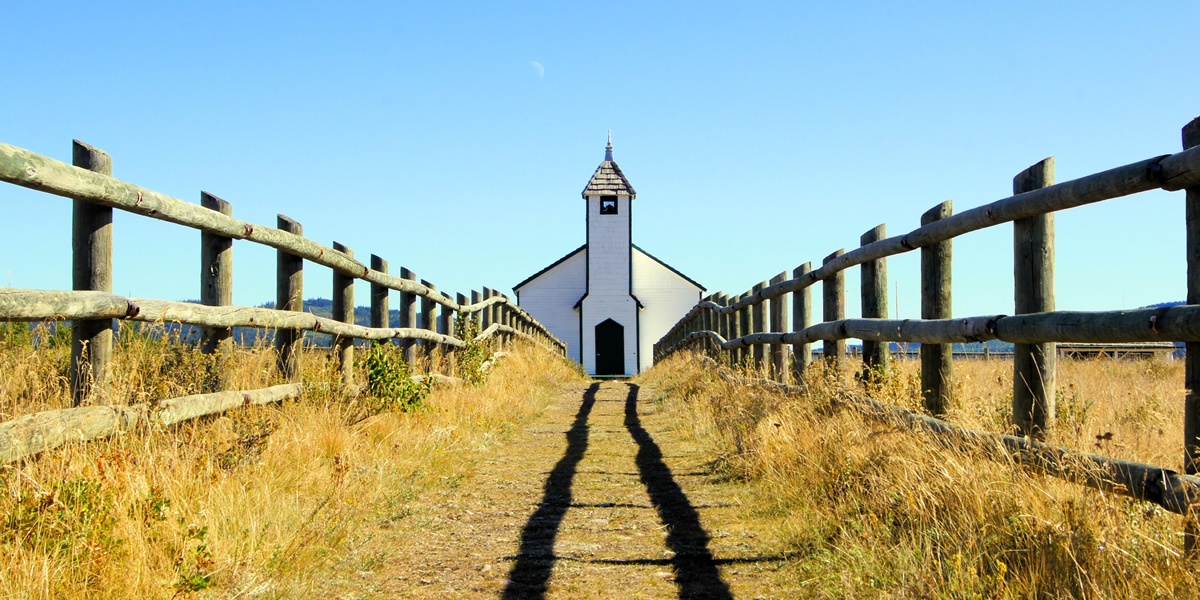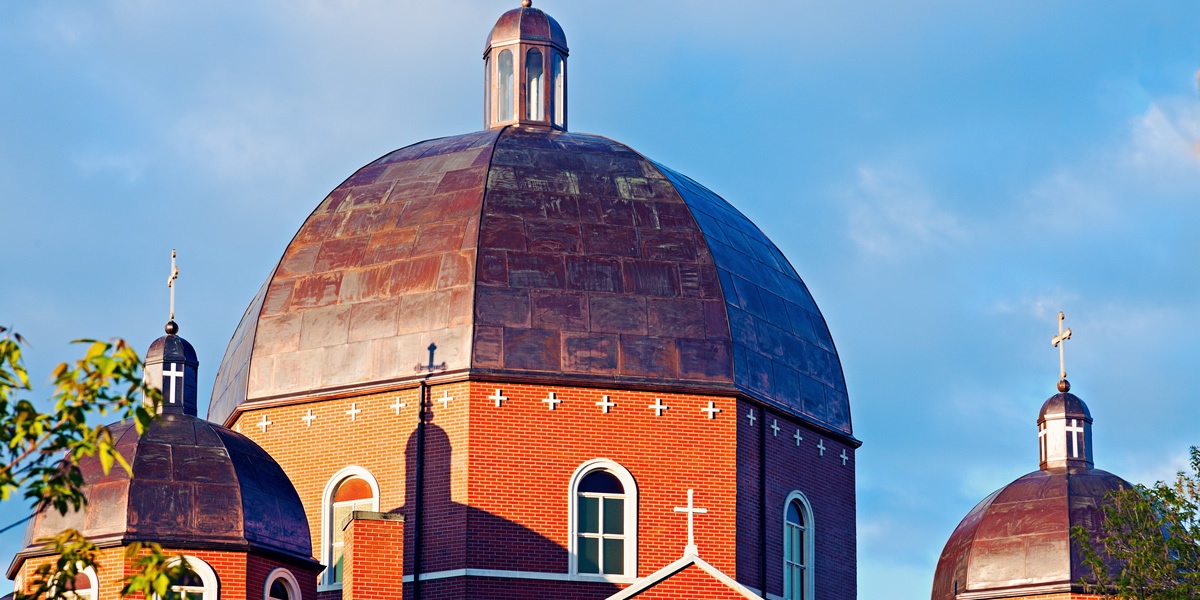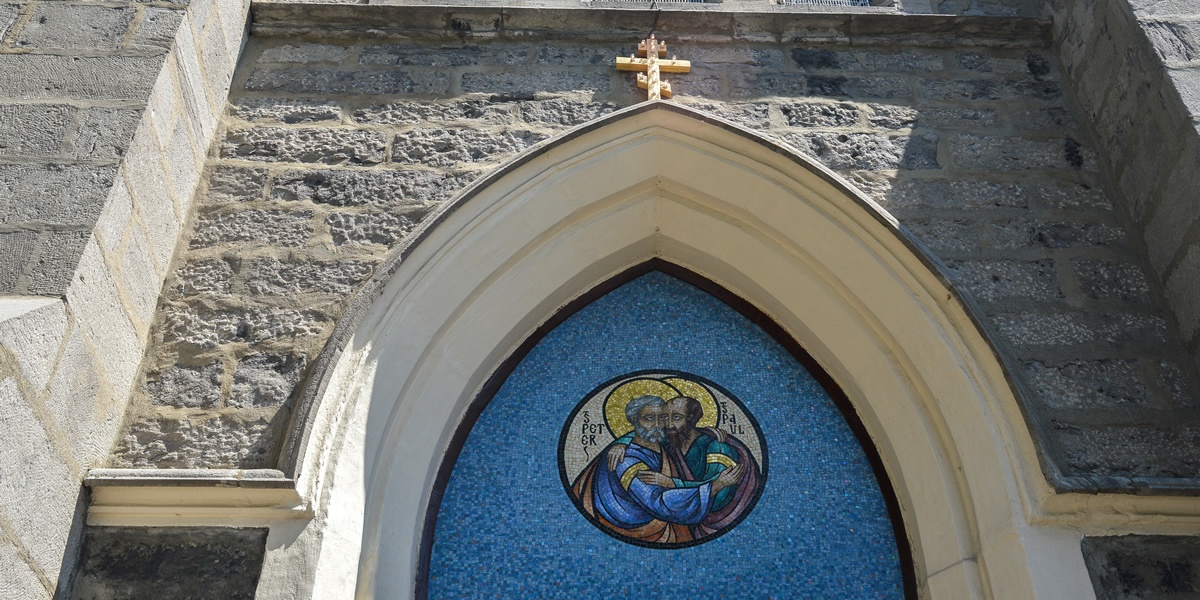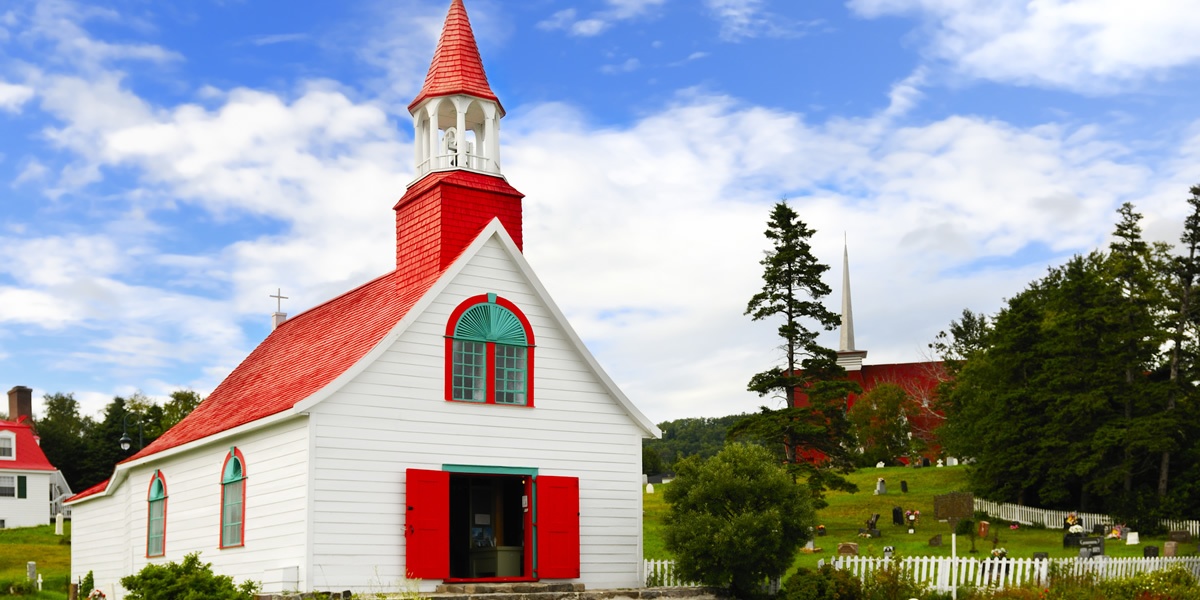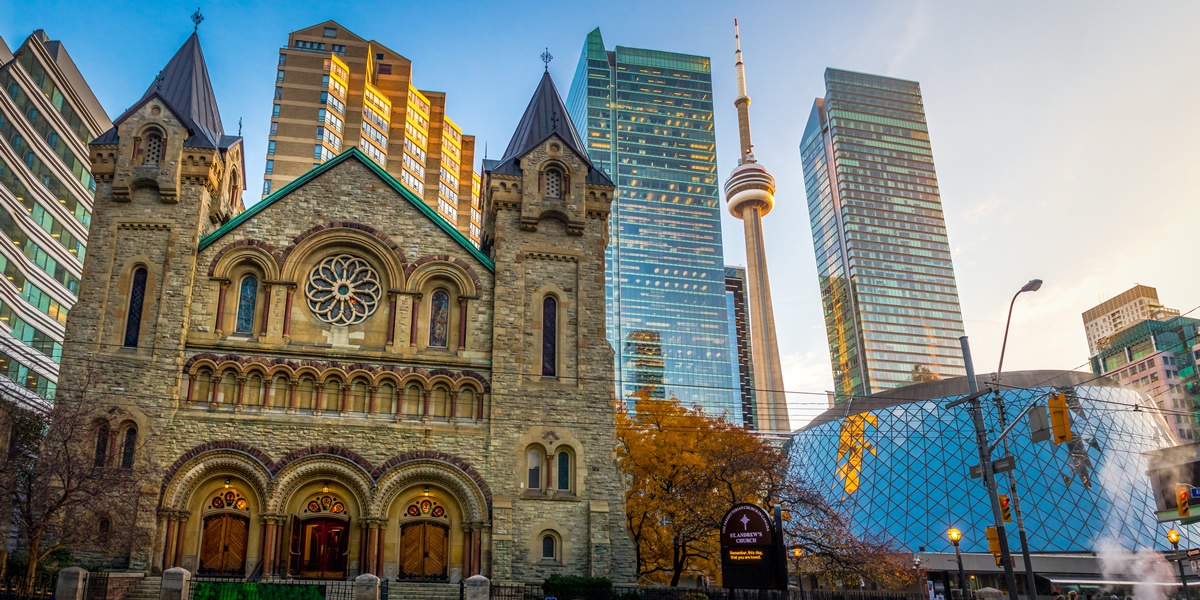Orthodox Church in America Statement on Religious Diversity
From the earliest times, the Orthodox Church has interacted with a wide range of religious beliefs. Often, Orthodox have been a religious minority, as in the Roman, Persian, Arab and Turkish empires. While many early Fathers of the Church had cautiously open views concerning the divine presence in other religions, later thinking was less tolerant, especially towards Judaism and Islam.
Modern Orthodox reflection on religious diversity is still in its infancy, but there is a decided tendency to consider that all humanity is mysteriously included in Christ’s salvific mission, and that non-Christian religions can be avenues of salvation for their adherents. Archbishop Anastasios Yannoulatos, primate of the Orthodox Church of Albania, has advanced three principles for an Orthodox theology of religions: the universal radiance of God’s glory throughout all creation and in all peoples; the ontological equality of all humans, who thus have a common origin and destiny; and universal divine providence.
Although many Orthodox would subscribe to these principles, there is no formal Orthodox doctrine on non-Christian religions. The Holy and Great Council of the Orthodox Church held in Crete in June 2016 restated the long-standing Orthodox practice of refusing marriages between Orthodox and non-Christians. But it also spoke briefly but favourably concerning interfaith dialogues: “Honest interfaith dialogue contributes to the development of mutual trust and to the promotion of peace and reconciliation.” The door is thus open to the development of a robust Orthodox theology of religious diversity in a spirit of openness and love of all regardless of religious beliefs.
Dr Paul Ladouceur, Fr Geoffrey Ready and Prof Richard Schneider



